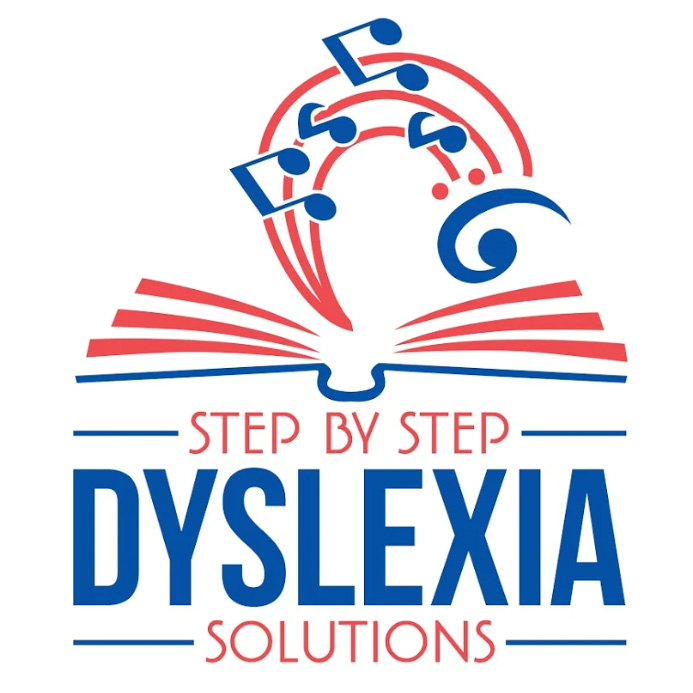The research says, “Yes!” Your child needs to understand his or her brain just learns differently and that they are smart! They are not lazy or dumb! This helps your child’s self-esteem. Be sure your child is receiving the intervention required for dyslexia! Let me begin by sharing a story.
I recently helped host and promote a Conference by the International Dyslexia Association (IDA) with renown speaker Maryanne Wolf. (Director, Center for Dyslexia, Diverse Learners, and Social Justice, Graduate School of Education and Information Studies, UCLA, and Chapman University Presidential Fellow). What she shared about the great dyslexic minds of people in history who have contributed greatly to society. There is a great probability that Leonardo DaVinci had dyslexia because he reflected many characteristics of dyslexic people today. He was an amazing analytical thinker making patterns that connect. But he couldn’t learn Latin, and he couldn’t retrieve words from another list. They called him “The Unlettered Man.” He is known to have said he desired to have someone always by his side to read to him. Other famous dyslexic people who have been great contributors are Nicola Tesla, Alexander Graham Bell, Pablo Picasso, Walt Disney, and Steven Spielberg. So being dyslexic doesn’t mean lazy or dumb. Average to above average IQ with deficits in phonological processing. When we talk about living in a multicultural society, so we also want to address all that the wonderful and multiple ways people learn. We are fortunate that all minds do not think alike.
However, saying that, we want help all our dyslexic students read and begin helping them as early as kindergarten (and as some have learned, as early as in the womb, under our arm, etc.) We strive to have our children reading by fourth grade helping them avoid the pitfalls of ridicule, low self-esteem, and academic failure. Maryann Wolf shared that at present, 61% of African American, 54% of Hispanic, and 26% of English Americans are failing reading in 4th grade. They won’t lose their creativity when their brains are trained to read and we must close this achievement gap.
As a side note, when I was at the airport over Christmas time, waiting for my flight home from North Carolina, there was an elderly Asian couple waiting for their flight. I could tell they were at the wrong terminal. I observed the woman and man in their frustrated and confused state of mind, him reading, and reading, and the woman scowling. She sat next to me and said. “We missed two flights already! We’ve been here all day!” I asked where they were headed, and when she told me, I showed her the terminal screen to tell her exactly where she and her husband needed to be waiting. Oh my, they almost missed another flight!!! They were so appreciative. I share this because they never have asked for help. I listened and helped. They accepted and were blessed.
So now their seats were available, but I turned to the man on my left. He was about my age and on his computer working. I shared what happened and he witnessed a little of it. We talked and I asked him about his job. He flew a lot and had young kids at home. He was tired of flying because he missed his family. I identified with him and shared my story about missing my traveling husband when our kids were young too. Now the tables were turned and I was traveling. But we are empty-nesters now, so it is a whole other story.
I told him, “I help kids with dyslexia. Actually, I am traveling with an organization to train teachers and reading specialists how to teach dyslexic children.” He immediately responded, “Oh, I think that’s great! I have dyslexia. I wish I would have had someone like you to help me when I was young!” I appreciated his sentiment and learned he was a very successful medical salesman. I replied, “Well, at least you found a way to learn and now you are successful. We need to help these kids when they are young!”
He responded in a way I didn’t expect. He said, “Yes, I’m successful now but I had so much heartache when I was in school. My self-esteem took a beating. I had a teacher who told me I’d never amount to anything. She told me I was dumb.” And that broke my heart. Don’t teachers pledge in their hearts to build up their students and help them be successful, believing in them, working with their strengths, and helping them in their weak areas? Ha, no!
I encountered folks like this in many airports where I had layovers. Even on flights, I’d get into conversations with people who were dyslexic and appreciated me sacrificing my good paying teaching job to start a non-profit and help expand my reach. It’s really a good thing I like to talk! So, I would hear, time and time again, “I wish someone had helped me when I was young.” Screenwriter Erin Brockovich and others reported they didn’t know they were dyslectic when they were young. They achieved great things, but it would have helped. When you know what it is, you can provide the correct intervention.
No matter what your school decides to call it, your child is still entitled to the intervention, whether being homeschooled, in private school, a charter school, or in public school.
Many adults who have dyslexia are beginning own it. Since it is genetic (as well as developmental), parents can see the identical signs in their children that they had in school when they were young. They want help for their kids.
Dyslexia is not a learning disability. It qualified under the Special Education category of SLD (Specific Learning Disability) because of the discrepancy between cognitive and academic ability, adding deficits in auditory processing and phonemic awareness. But research says that 85% of students under the SLD eligibility have dyslexia. They can be remediated and exit Special Education. Imagine the savings to our communities in poverty and crime reduction when our kids have healthy self-esteem and are dreaming of their futures? Imagine the saving in tax dollars spent on endless years in Special Education (which is twice the amount of General Education).
Another thing I can share from the IDA Conference was this. A flash to the past, research says that when man was created, the brain wasn’t developed to read. We are seeing in Functional MRIs that there is a difference in brain organization now compared to before reading was created. That means, the brain has developed over time to read and those whose brains are wired differently are our struggling readers. And we can help them.
Maryanne Wolf addressed the following areas: The interconnectivity of brain parts, neurocircuits, cell neurons, classroom dynamics, genetics, and cognitive behavior. We were reminded of the plasticity or our brain consisting of many parts that develop when we are young. All these parts contribute to the “reading circuit” developing before pulling things all together.
Why am I sharing all this? Share with your child how beautifully he/she was designed by a creator and He has a great plan for his life. He is not alone in his struggles to read. One in five children struggle with reading and are dyslexic. Read from books as often as you can, versus digital books. Maryanne Wolf shared that this helps with comprehension. Our kids need to read. They need to begin young. “Reading helps us to be transported to places, elevates our knowledge, and uplifts our spirit”, said Maryanne. Read on and yes, tell your child of his/her giftedness.

